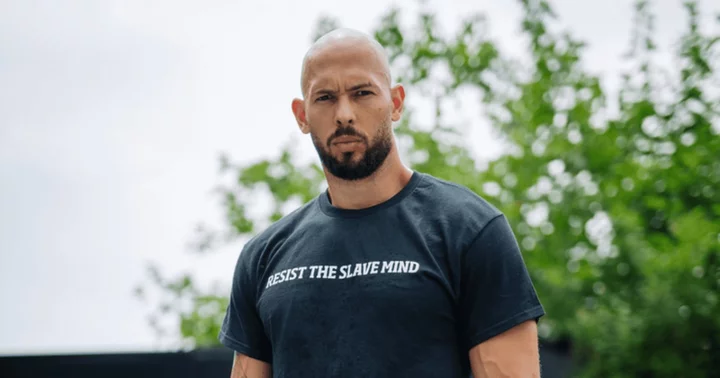MADRID (Reuters) -Spain's election on Sunday will likely produce a win for the centre-right People's Party, opinion polls show, but to form a government it will need a coalition ally in the far-right Vox party - anathema to many Spaniards.
PP leader Alberto Nunez Feijoo, who will potentially let a far-right party into government for the first time since Francisco Franco's rule ended in the 1970s, has focused his campaign on attacking Socialist Prime Minister Pedro Sanchez's own political deals.
Sanchez's minority government is currently in a coalition with far-left Unidas Podemos, which is running for this election under the Sumar platform, and has relied on votes from several separatist parties to pass legislation.
The prime minister has made pacts in exchange for votes in parliament with parties such as EH Bildu, which is linked to the former Basque separatist group ETA, and ERC, which led Catalonia's 2017 secession bid from Spain.
With that political expediency on display and the demise of centrist parties seen in previous elections, analysts say the starker ideological choices have left some voters in a mood to block what they don't like, rather than pick what they do.
Sanchez called the election early after the left took a drubbing in local elections in May, but many voters are also furious at being called to vote at the height of the sweltering summer.
A Reuters straw poll of two dozen voters around the country found many with little enthusiasm for any party and torn between what they viewed as the least bad choice. This sense was reinforced by opinion surveys reporting that around 12.5% of people who plan to vote were still undecided on Monday.
Madrid pharmacist Amparo Bonilla, 44, said she would vote for Feijoo - and against Sanchez - to defend democracy, the unity of Spain and "stop terrorists governing us"."There is only one motive for voting in these elections - to kick out the psychopath," she said.
In a bar in the seaside village of Cee in the northwestern region of Galicia a group of men in their 60s told Reuters they would not vote for Vox because it would be "a throwback to the past", yet all agreed when one man said he did not want EH Bildu either, so he might not trust PSOE with his vote.
Spaniards "tend to vote to avoid something, rather than in favour of something," said Cristina Monge, a political science professor at the University of Zaragoza.
"This time it is more pronounced because the fight is more ideological and the blocs are more defined."
Leaders made one last pitch for votes during their final rallies on Friday evening.
Feijoo, in a nod to Sanchez's deals with separatist parties, said a PP win would mean "not being tied down by those who want to separate Spain".
Sanchez told a cheering crowd "it is possible to win against the right and far-right, and we will do so here in Spain", while deputy premier Yolanda Diaz, leader of the far-left Sumar platform, called for votes to ensure Spanish society "does not go back 50 years".
DELAY FORMING GOVERNMENT
Polls open at 9 a.m. (0700 GMT) on Sunday and close at 8 p.m. (1800 GMT), when exit polls will be released. The final result is expected to be decided by less than a million votes, less than 10 seats in 350 parliament, experts say.
The formation of a new government depends on complex negotiations that could take weeks or months and may even end in fresh elections. Such political uncertainty could dent Madrid's effectiveness as the current host of the six-month rotating presidency of the European Union as well as its spending of EU COVID recovery funds.
An eventual PP government could water down the previous government's green agenda and take a far more conservative stance on social issues.
The Sanchez government has passed progressive laws on euthanasia, transgender rights, abortion and animal rights - and its warnings that such rights could be stripped back if Vox is part of the next government have proved potent for some.
"It’s our duty to vote to keep out the far right. They are increasing their power all over Europe and people must stand up to their narrow way of thinking," said Laura, a teacher from Madrid who did not give her surname.
Susana Sanchez, a 48-year-old from Oviedo who works in an orthopaedic clinic, was among those still on the fence.
In the past she had voted for Ciudadanos, a centre-right party no longer competing in the election after waning support.
She said she is on the left on social issues such as gay and gender rights but prefers the right's economic policies.
"Both Feijoo and Sanchez scare me," she said. "I want a centre that no longer exists."
(Reporting by Belen Carreno, Aislinn Laing and Emma PinedoWriting by Charlie DevereuxEditing by Aislinn Laing, Frances Kerry and Deepa Babington)









